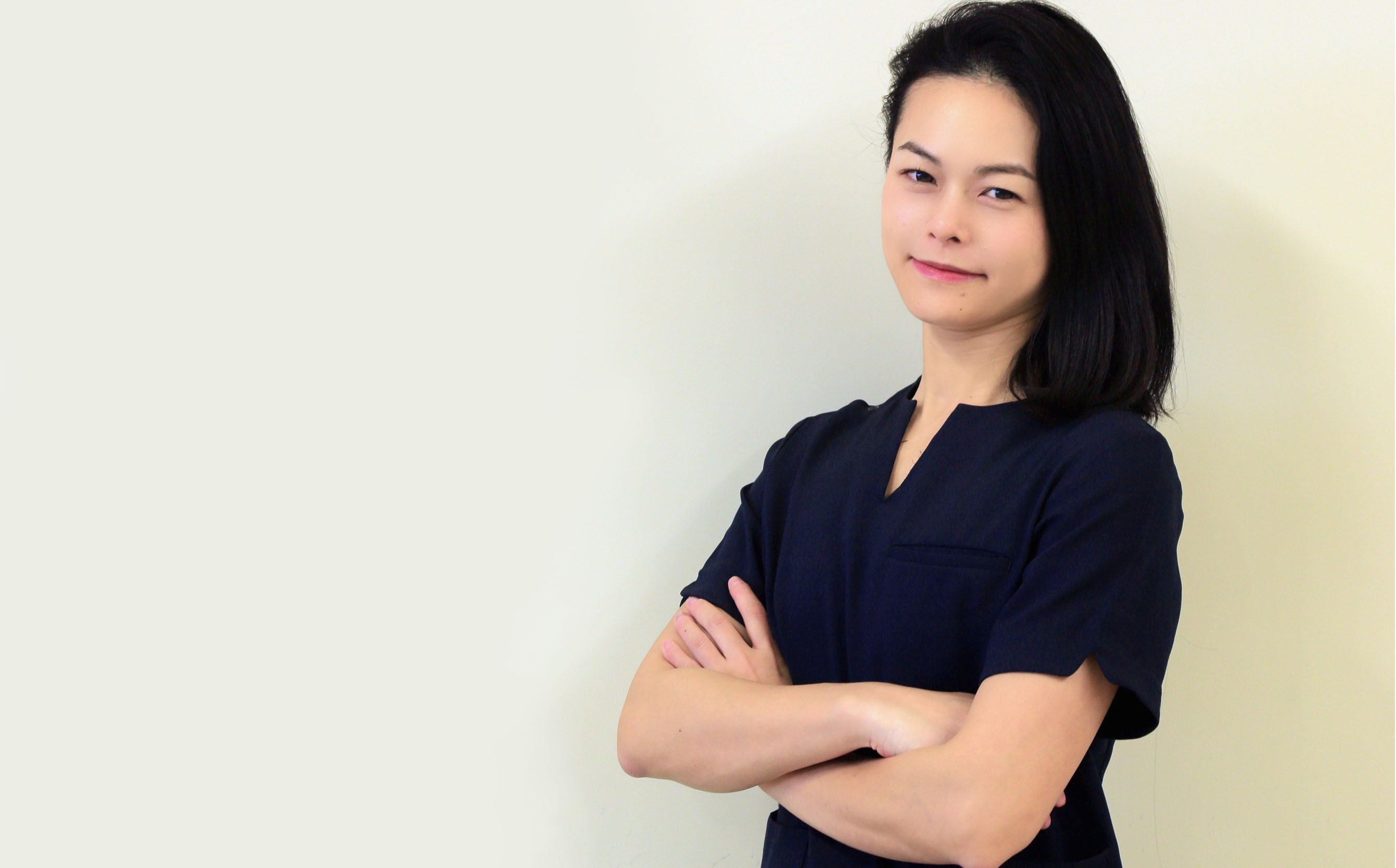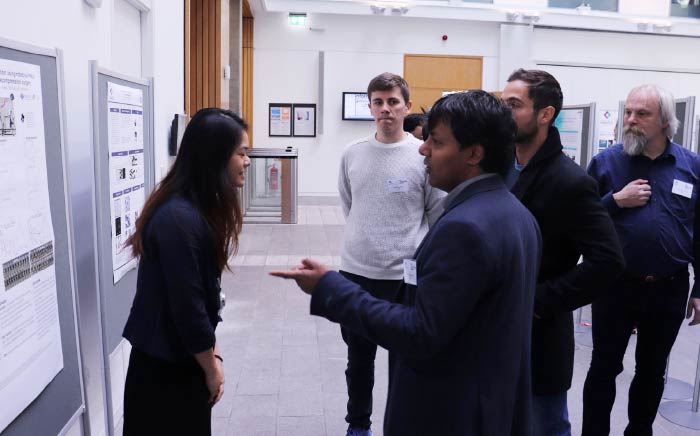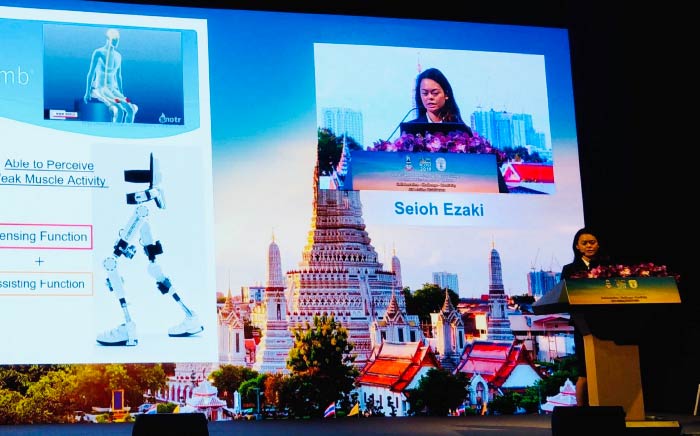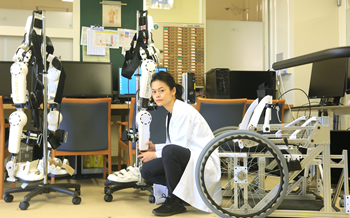- Fields of study:
- Orthopaedics / AI iit lab
- Mentors:
- Dr. Masashi Yamazaki / Dr. Kenji Suzuki

Beyond co-creation
I graduated from the Department of Engineering Systems at the University of Tsukuba and the Faculty of Medicine at Fudan University in Shanghai, China, and was licensed to practice medicine in both China and Japan.
At first, I belonged to the other program. However, I decided to transfer my major right after the establishment of Humanics Program since I thought that it was the most suitable for me to pursue medical-engineering collaboration. I am currently a resident at the University of Tsukuba Hospital and a researcher in the Humanics Program.
I have been going to the laboratory of Prof. Suzuki, my deputy mentor, since I was in the Faculty of Engineering, and I have been feeling that the lab was a very attractive environment with a high degree of internationalism and interdisciplinarity beyond countries and fields. When I return to Japan from china, he introduced me to Dr. Yamazaki of the Department of Orthopedics, who is now my main mentor. Here, I am now involved in research on the application of the HAL robot suit to central nervous system diseases and gait analysis. Although I am often worried about how to balance my research and practical training life, I am motivated by my two wonderful mentors; Dr. Yamazaki who has strong attitude of continuing his research while performing his busy work and operations, and Dr. Suzuki, who embrace academic and cultural diversity. Since I am interested in expansion of human perception and body function, I would like to conduct research that triggers the further evolution of humans and the acquisition of new physicality in the exploration of technologies for treating diseases. Additionally, as a member of one of the University of Tsukuba Venture companies, I have been learning how to give back the acquisitions from research to society through successive professors experiences who had brought their research to social implementation.
I completed the coursework in Humanics program, presentations at national and international conferences, and QE examinations n the year of the National Examination for Medical Practitioners. Now I am concentrating on getting used to the new environment and mainly focusing on writing papers as a first year of resident doctor at the hospital. Now that I’ve gotten used to my training life from April, I’m planning to restart lab seminars and research life.
This is a year of great change in the wake of the global pandemic. We are being questioned to be more adaptive, not only to new life style, but also to broad prospective view of research and clinical work, which constantly evolve regardless of the field and specialty. I would like to be a leader in medical-engineering collaboration and clinical research, and disseminating Tsukuba and the University of Tsukuba to the world where such human resources gather.
[Time table of an ordinary day]

Poster session at UK-JAPAN robotics and AI research collabolation workshop

Oral presentation at RCOST conference

Setting up Hybrid Assistive Limb HAL®︎
